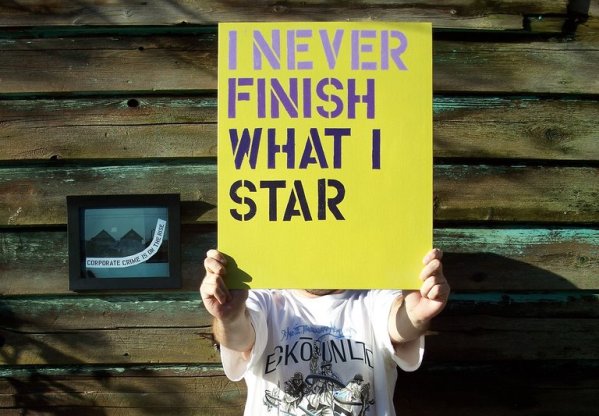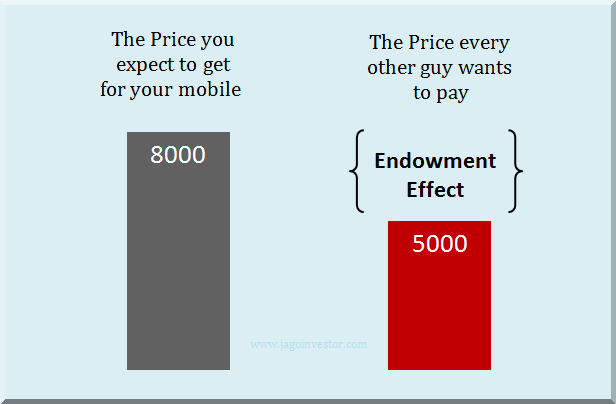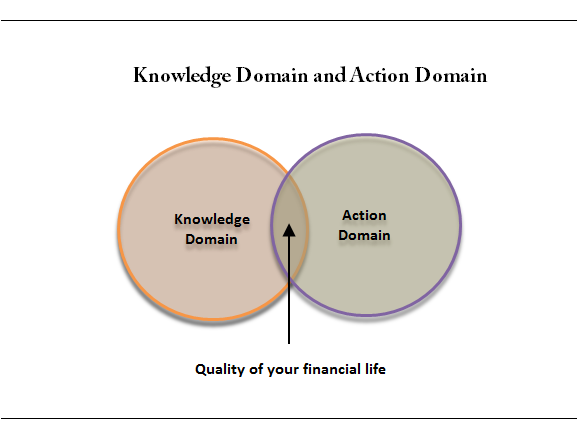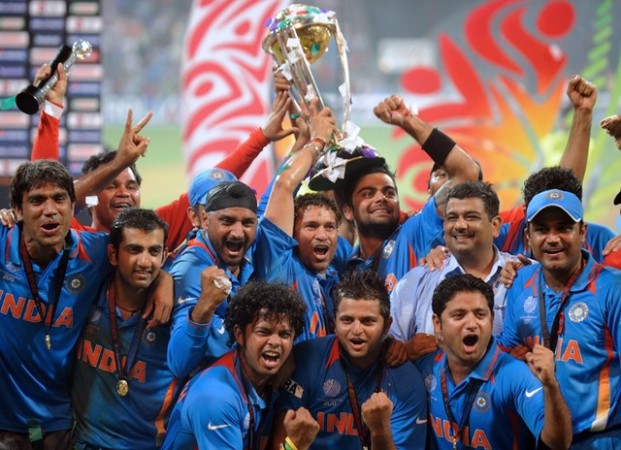“No” is one of the non-complicated word – Simply two letters. Yet saying “No” out loud is hard for most people. Welcome to the world of personal finance where saying NO is tough and 90% of the people reading this blog might have a messed up financial life because of a single reason that they didn’t say NO to a lot of things. Let’s start with my favourite ‘Life Insurance’. Almost everyone I have interacted with, had/have a sad story of some uncle selling him (wait wait …. the correct word is ‘forced him’) to buy a life insurance plan because he had to complete his target or his job was at danger or because he was trying to sell life time product. Saying ‘NO’ was not an option because ‘it won’t look good’ (I am sure it looks amazing right now).
“Yaar – Can you help my brother as he needs a car loan. Can you guarantee his loan, they want someone from the city itself and could you just give your PAN Card to my brother? As it is part of the procedure, kuch hota wota nahi hai ” . You can’t say NO. Months and years pass on … Friend’s brother loses job, can’t pay the EMI and obviously you are the defaulter now! Your home loan, car loan, credit card all kind of applications are getting Rejected. Either live with this situation or pay the balance Rs 4 lacs. This is the cost of avoiding a NO.

Are equity markets risky for you? And you want a equity + insurance product bundled which gives tax benefit and also gives benefit of rebalancing on its own, but you want guaranteed returns? Welcome to the world of “Highest NAV products“. Now you get highest NAV (but we will decide how the highest NAV is controlled… he ha he).
Wait… but it would be amazing if I can buy at the lowest NAV product. Arre no problem sir, jaan bhi haazir hai. Just close your eyes give me 10 min… zoom! Lowest NAV ULIP is here! Anything else? Now please don’t say NO. We did whatever you wanted, please be kind and don’t be so rude, please write a cheque. What? I can’t invest lot of money in one go… Ok then, we have a monthly investment option available. We can try every weekly too if you want.
Inventions in SIP and Insurance
There are “inventions” in SIP … SIP in Stocks (It does not work, think why) , weekly SIPs, daily SIPs, minute SIPs… we will extract the rupee cost averaging concept… Normal SIP, Flexible SIP, increasing SIP, decreasing SIP – They can read your mind.
People were scared of ‘Term Insurance plan’ about it not giving back the money paid as premiums – so let’s introduce Return of Premium Term insurance plan, now no one can say ‘NO’! We are giving insurance money if you die and your premiums back incase you live for the term of the insurance… what else you will want to say YES? Please be human and take it. I hope you are getting what I am trying to say – The more options we have, the more we believe that we need it. You need to learn to control your decisions and say ‘NO’ to most of the things. There are minimal options which you need and keep things extremely simple.
There is no reason in this whole world to have 10 insurance policies. There is no reason to have 15+ mutual funds in your portfolio. There is no reason to have try to beat the markets with direct stocks if you don’t know the rules of the game in equity markets or you are trying to learn the game of equities or have a past record of beating mutual funds or even index returns. There is no reason to have different kind of policies. There is absolutely no reason to own more than 2 credit cards.
There is no reason to have more than 2-3 Health Insurance products & overall there is no need to have savings account in so many banks unless you have extra cash to pay for the bank charges. However almost every portfolio we come across, we how there are many area’s where investors went shopping with craze at some point of their financial life . I have seen 45 insurance policies (yes , LIC policies) , 100 Mutual Funds in a portfolio (I really suspect the guy thought they are SHARES) , 12 health insurance plans , 8 credit cards with a close friend, and one of my relative with 7-10 bank accounts (with that attitude of “arre Rs 500 pada hai account me , rehne do, ja hi kya raha hai)
So what you need to do?
If you want a fairly simple financial life, all you need to have is:
- 4-5 good equity diversified mutual funds or balanced funds
- 1-2 term plan
- 1 health insurance product
- 1 credit card
- 1-2 bank accounts
- Financial Discipline to say ‘NO’ to what you don’t need
We said No at wrong places
Now just like we didn’t say No at wrong places, we have said NO many times at right places. When we met an agent who was not ready to share his commissions in exchange of authentic and right advice, we said NO, we don’t want you. When we meet an advisor who didn’t give us discount on his fees but was a high quality advisor, we said NO, we won’t need people like you. When we wanted to go to a workshop or seminar on finance & money and we came to know that its PAID seminar, we said – Kya faaida – NO we don’t want to come.
I want to take this message very strongly in 2012 start and follow it though out your life – You don’t need to do a lot of advanced things in your financial life, provided you do not make a lot of mistakes and are ready to keep things simple and an attitude to say NO to fancy and complicated things in life . Thais the conclusion of this article. Also I am going to break a very good and big news to all readers in few days. Any guess ?






